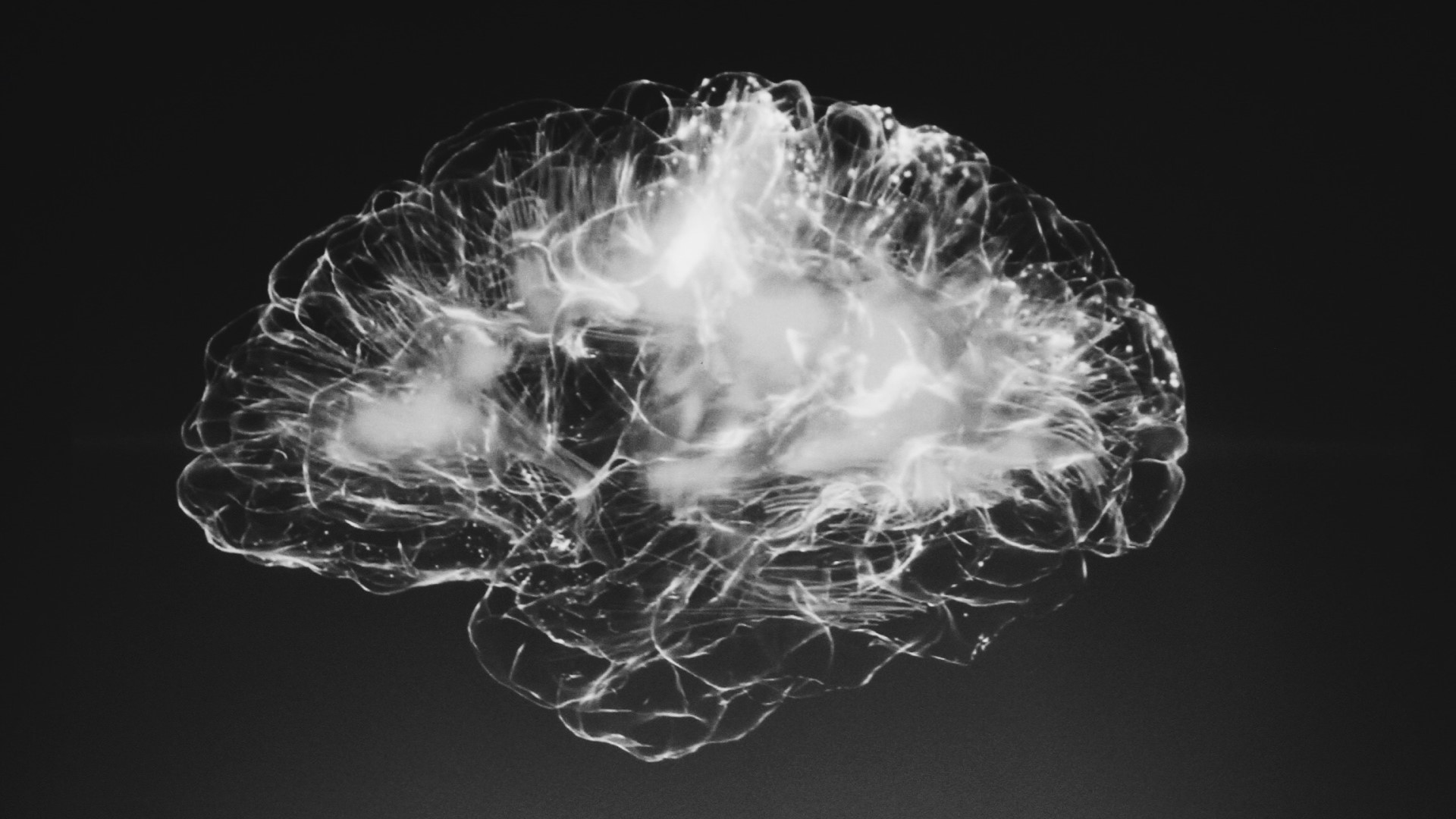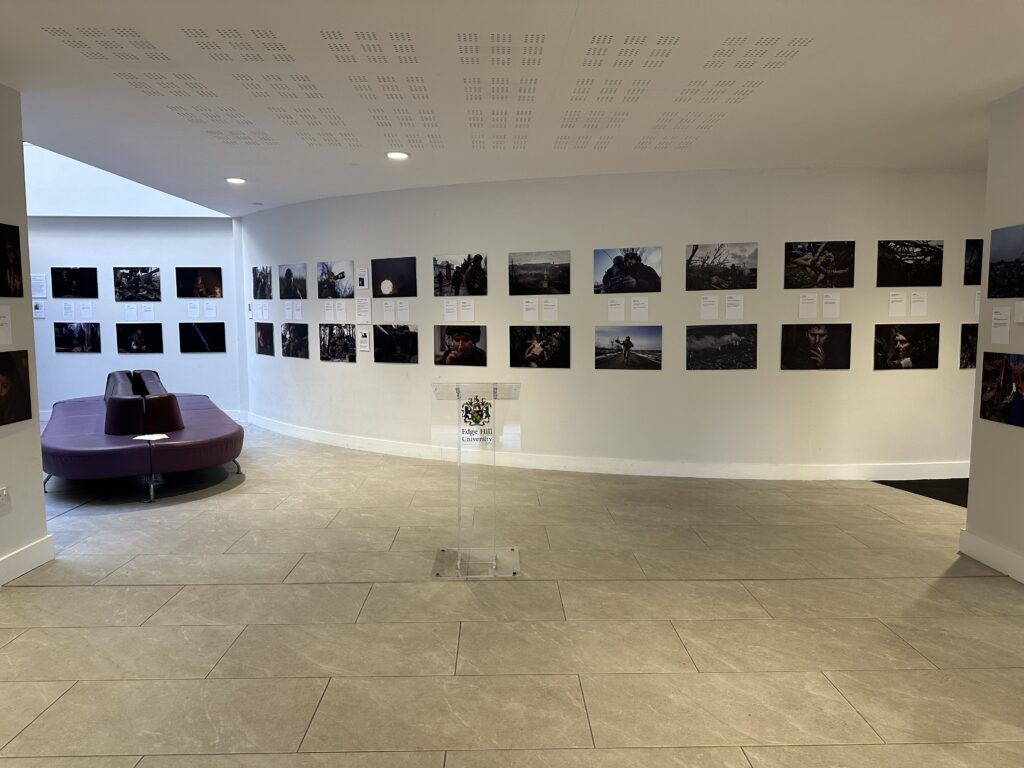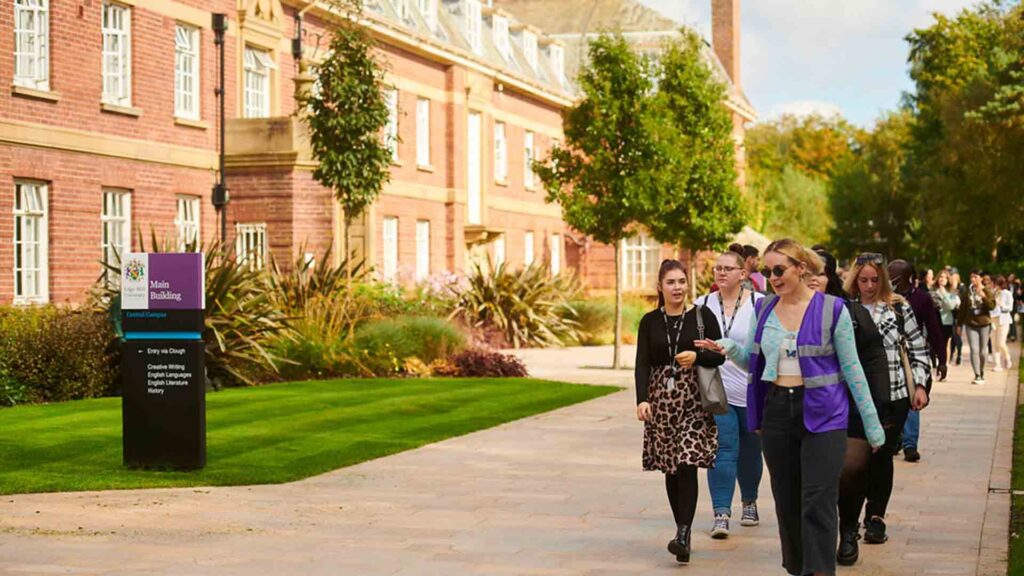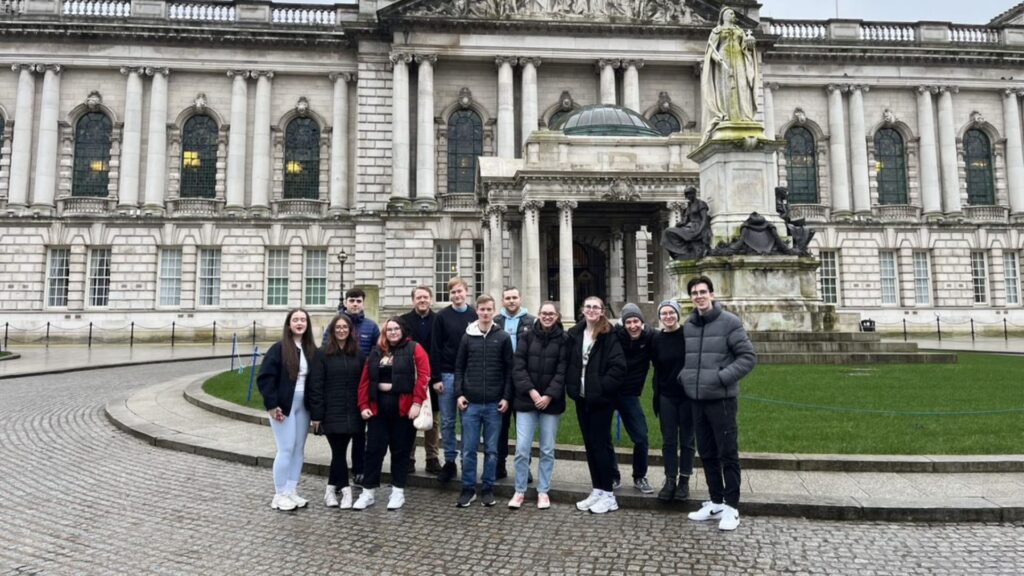Edge Hill University is collaborating with Liverpool John Moores University on the project, funded by a £35,000 grant from the Arts and Humanities Research Council.
Through a mixture of workshops and a conference, the network will bring experts working together to combine the contemporary neuroscience of dance practice with therapeutic uses of the arts, and with creative forms of therapies.
Neuroscientists, artists, psychotherapists and counsellors, mental health practitioners and service providers, educators and policymakers will work together to improve knowledge of how dance affects the brain and can foster physical and mental wellbeing.
Professor Vicky Karkou, Director of Edge Hill’s Research Centre for Arts and Wellbeing, along with Dr Stergios Makris, Senior Lecturer in Psychology, are collaborating with Dr Valentina Cazzato from Liverpool John Moores University’s Research Centre for Brain and Behaviour.
The two research groups will combine their expertise to promote the development of new symptom-specific dance-based treatments, which are research-informed and based on a better understanding of the key elements and brain mechanisms of dance practice underlying its clinical efficacy.
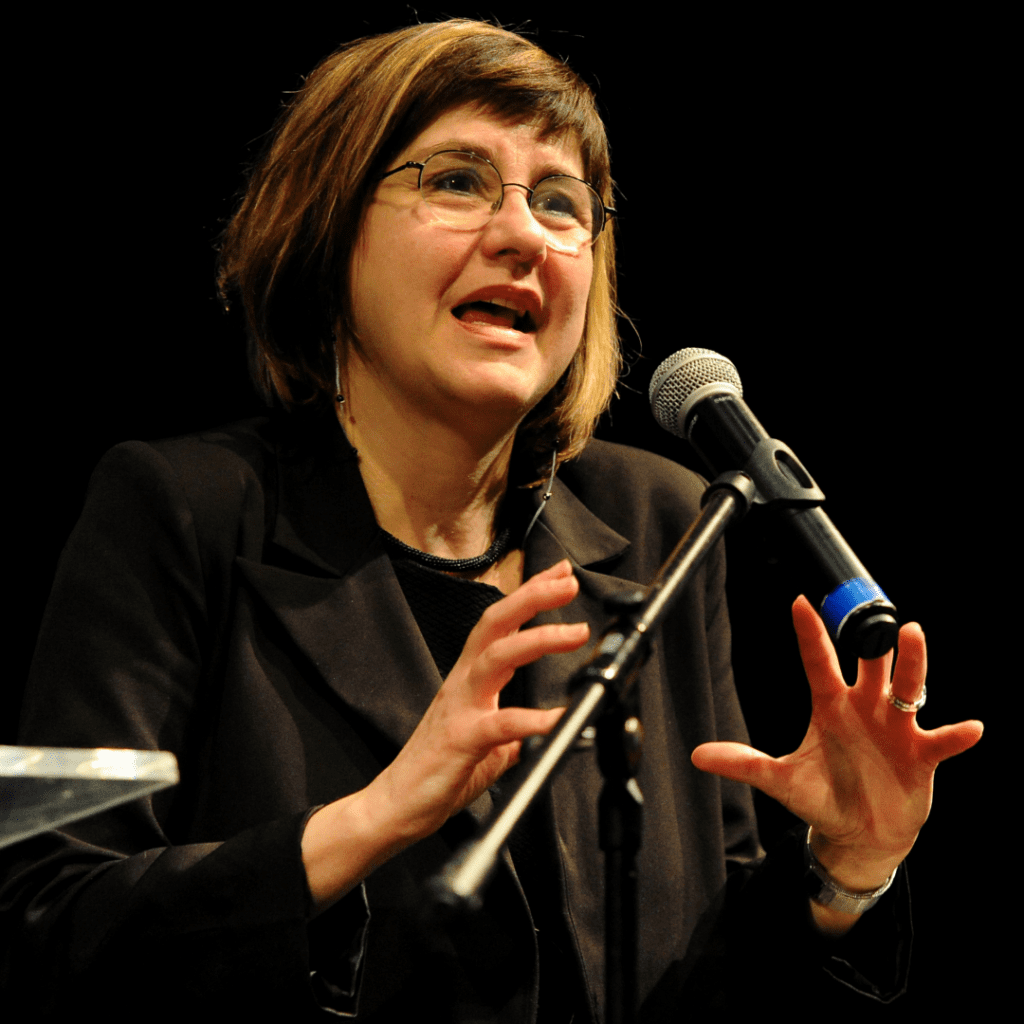
“Through this exciting project, we will bring together leading neuroscientists and arts therapy experts from around the world to share knowledge and drive this field forward.
“We are hopeful of developing a better understanding of the link between therapeutic dance practices and the brain, which could in turn have real world clinical implications.”
Professor Vicky Karkou, Director of the Research Centre for Arts and Wellbeing
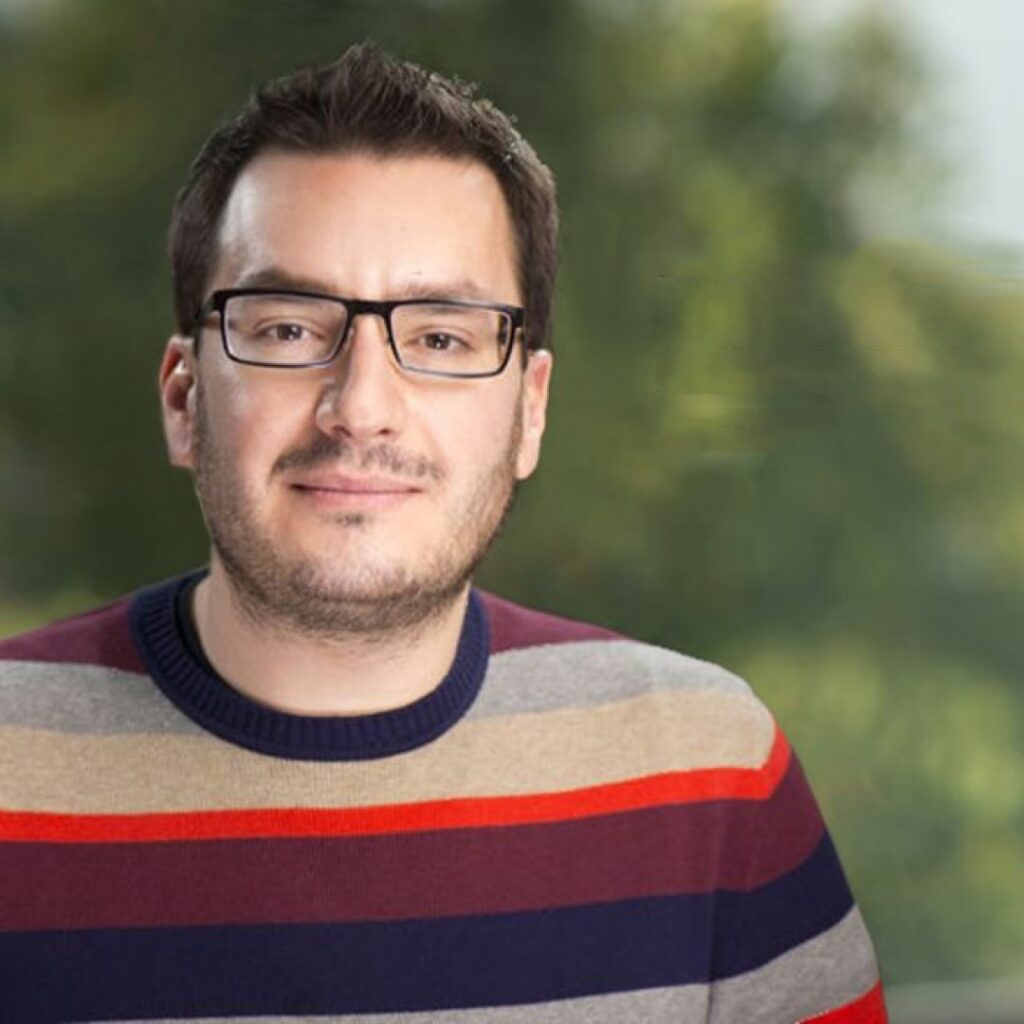
“We know anecdotally that creative therapy can improve physical and mental wellbeing but this area of research is still in its infancy.
“Working in partnership, we want to learn more about the impact dance and dance movement psychotherapy can have on wellbeing through neurophysiological changes.”
Dr Stergios Makris, Deputy Director of the Research Centre for Arts and Wellbeing
Dr Cazzato, Senior Lecturer in Psychology at Liverpool John Moores University, said “We wish to challenge current methodological limitations in research in performing arts by embedding well-established brain measures into the study of dance and creative movement.
“This is where contemporary neuroscience can come in handy. By clarifying the brain mechanisms that lead to people’ improvement of body awareness, but also by disentangling the specific cognitive and emotional mechanisms being targeted through dance movement psychotherapy, ultimately, we hope to integrate both disciplines and develop novel therapies that enhance the treatment of mental illness.”
Dr Valentina Cazzato
Over the last five years, Professor Karkou has led the Research Centre for Arts and Wellbeing that has supported national and international cutting-edge research with direct benefit to people of all ages in different contexts including healthcare settings, schools, charities and cultural organisations.
April 21, 2023
